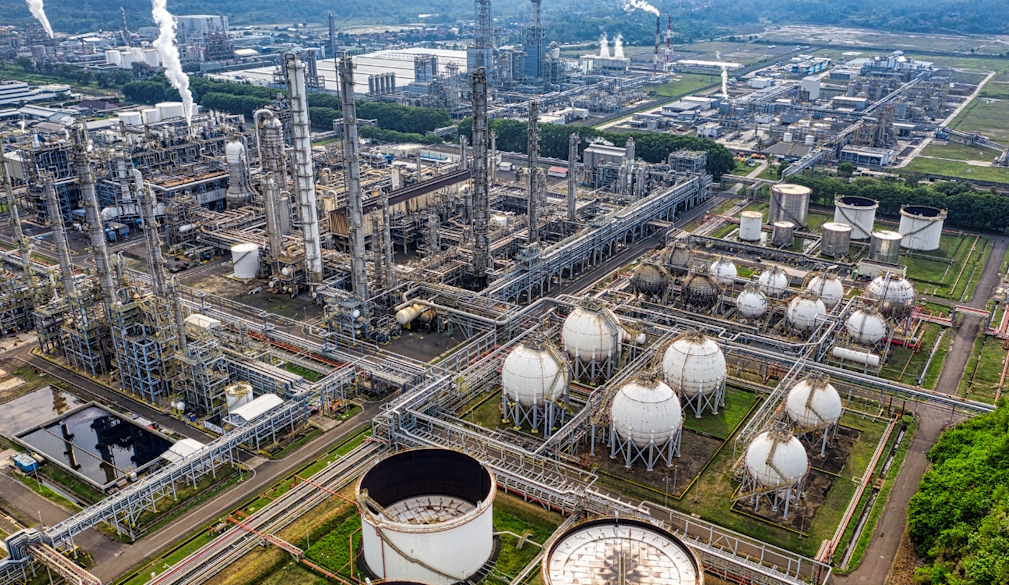New Oil Sanctions on Russia by President Donald Trump
- Written by Times Media

In a marked shift of policy, the United States has imposed sweeping sanctions on Russia’s oil industry. On October 22, 2025, the U.S. announced that the two largest Russian oil companies — Rosneft and Lukoil — along with dozens of their subsidiaries, would be subject to major economic restrictions aimed at weakening Russia’s ability to finance its war in Ukraine.
Why this matters
-
The sanctions signal that the Trump administration is now directly targeting Russia’s oil-export economy — previously a more cautious area of action.
-
The U.S. Treasury described the move as a response to Vladimir Putin’s “refusal to end this senseless war,” noting that Rosneft and Lukoil fund the Kremlin’s war machine.
-
Oil prices rose sharply after the announcement — reflecting how deeply oil supply and market sentiment are intertwined with geopolitics.
What the sanctions entail
-
A full blocking sanction regime for Rosneft and Lukoil, meaning U.S. persons and entities are prohibited from dealing with them.
-
Their subsidiaries are also covered, and U.S. dollar-based transactions with them may be barred or severely limited.
-
The U.S. called upon its allies to adopt similar measures, signalling a push for broader international cooperation.
The context
-
Russia’s full-scale invasion of Ukraine began in February 2022; the war continues with heavy costs and mounting global sanctions against Russia.
-
Until now, the Trump administration had been more restrained in directly sanctioning Russia’s energy giants for the Ukraine war, focusing instead on trade tariffs and other levers.
-
The sanctions come after a planned summit between Trump and Putin was cancelled — perhaps reflecting frustration in Washington with Moscow’s unwillingness to negotiate.
Potential impact and risks
Impact on Russia:
-
The move hits one of Russia’s economic pillars — oil exports bring in major revenue. Undermining major players like Rosneft and Lukoil could erode Moscow’s capacity to finance its military operations.
-
Could deter other countries from buying Russian oil if they fear secondary repercussions or the strengthening of the sanctions regime.
Global market risks:
-
Any disruption to Russian oil may tighten global oil supply, leading to higher prices. Analysts warn the sanctions are “a high-stakes gamble”.
-
Because Russia has redirected oil towards markets in Asia (India, China) to mitigate Western sanctions, the effectiveness will depend on whether those flows are hit.
Diplomatic implications:
-
The U.S. is asking for allied cooperation — Europe, Asia-Pacific and beyond — to ensure Russia cannot simply sidestep sanctions by selling eastwards.
-
Russia may respond with countermeasures: shifting payment currencies, redirecting exports, or other actions to offset the pressure.
What to watch going forward
-
Will the U.S. impose secondary sanctions against third-country buyers or those facilitating Russian oil exports? Some analysts say the real leverage lies there.
-
How will major Russian oil-importing countries (e.g., India, China) respond? They haven’t been targeted yet by these new sanctions — their cooperation or defiance will matter.
-
Will Russia scale back production, change export routes, or shift to non-dollar payment systems to evade the restrictions?
-
What will be the reaction of the oil markets? Will we see sustained price spikes, or will supply adjustments balance out?
-
Will this pressure lead to renewed negotiations on a cease-fire in Ukraine, or will it harden Moscow’s stance? Trump framed the sanctions as intended to bring Putin to the table.
What this says about U.S. policy
This represents a pivot in Trump’s second-term foreign policy: from rhetoric about ending wars and negotiating peace to deploying heavy economic tools against Russia’s war-economy. The choice of targeting energy as a lever underscores the growing recognition that wars are fought not just on battlefields but through revenue and resource flows.
At the same time, by specifying “we hope they won’t be in place for long” (as Trump apparently said) the administration is leaving the door open for a diplomatic breakthrough, suggesting the sanctions are both a pressure tool and an enticement for Russia to negotiate.
Summary
By targeting Rosneft and Lukoil, President Trump’s administration has raised the stakes in the Ukraine war-economy. The sanctions mark an escalation: if Moscow’s oil backbone is chipped away, it could alter the war’s dynamics. But they also bring risks — to global oil markets, to diplomatic relations, and to the effectiveness of sanctions if evasion succeeds. Whether these new measures will translate into meaningful progress toward a cease-fire in Ukraine remains to be seen.
















